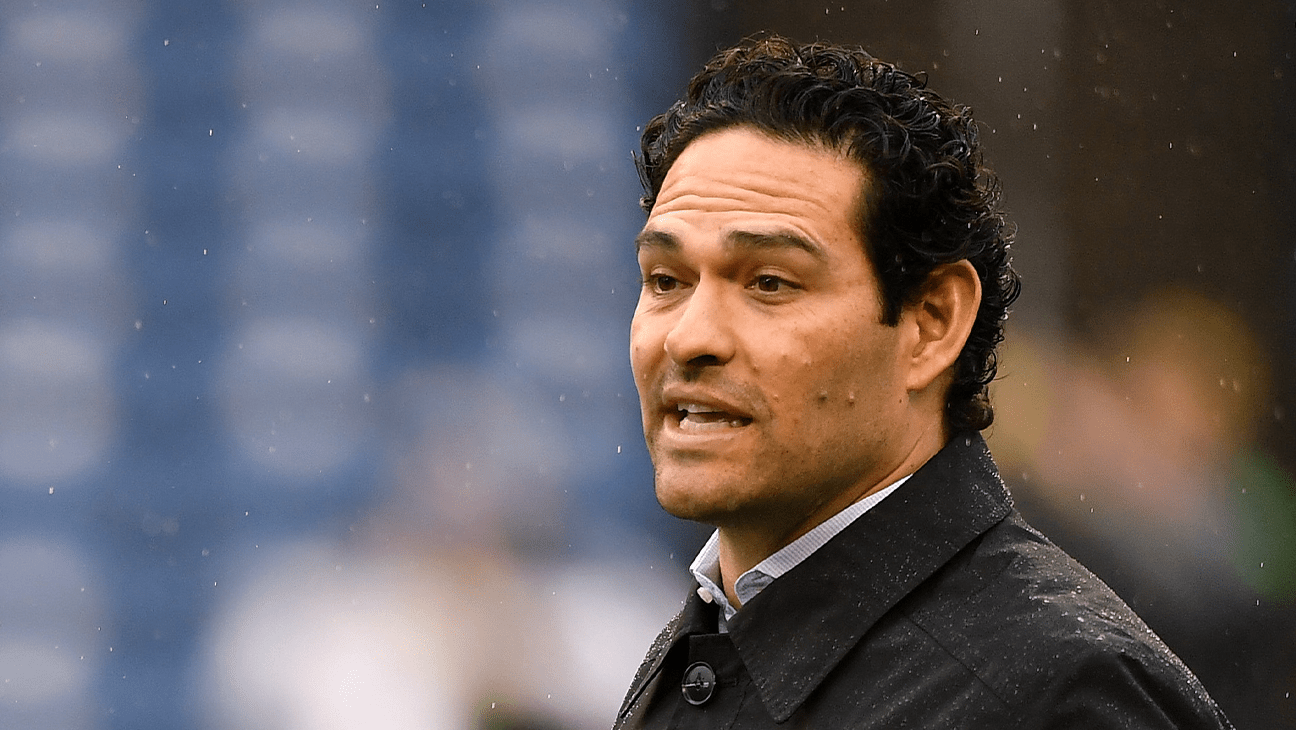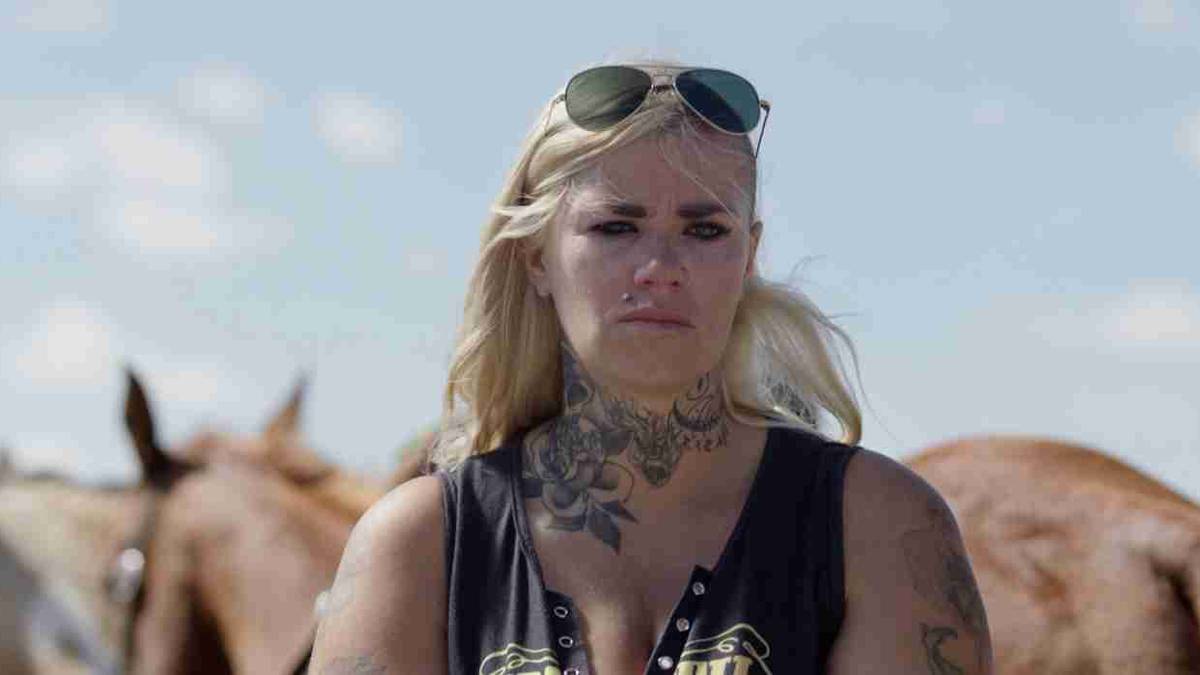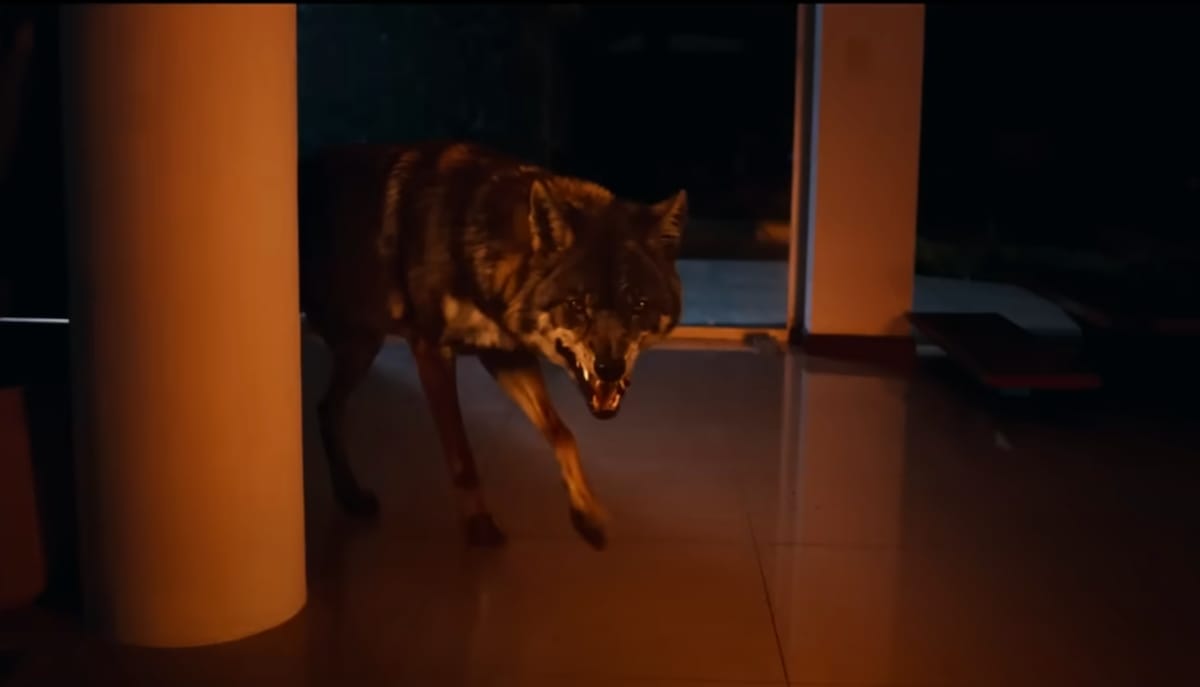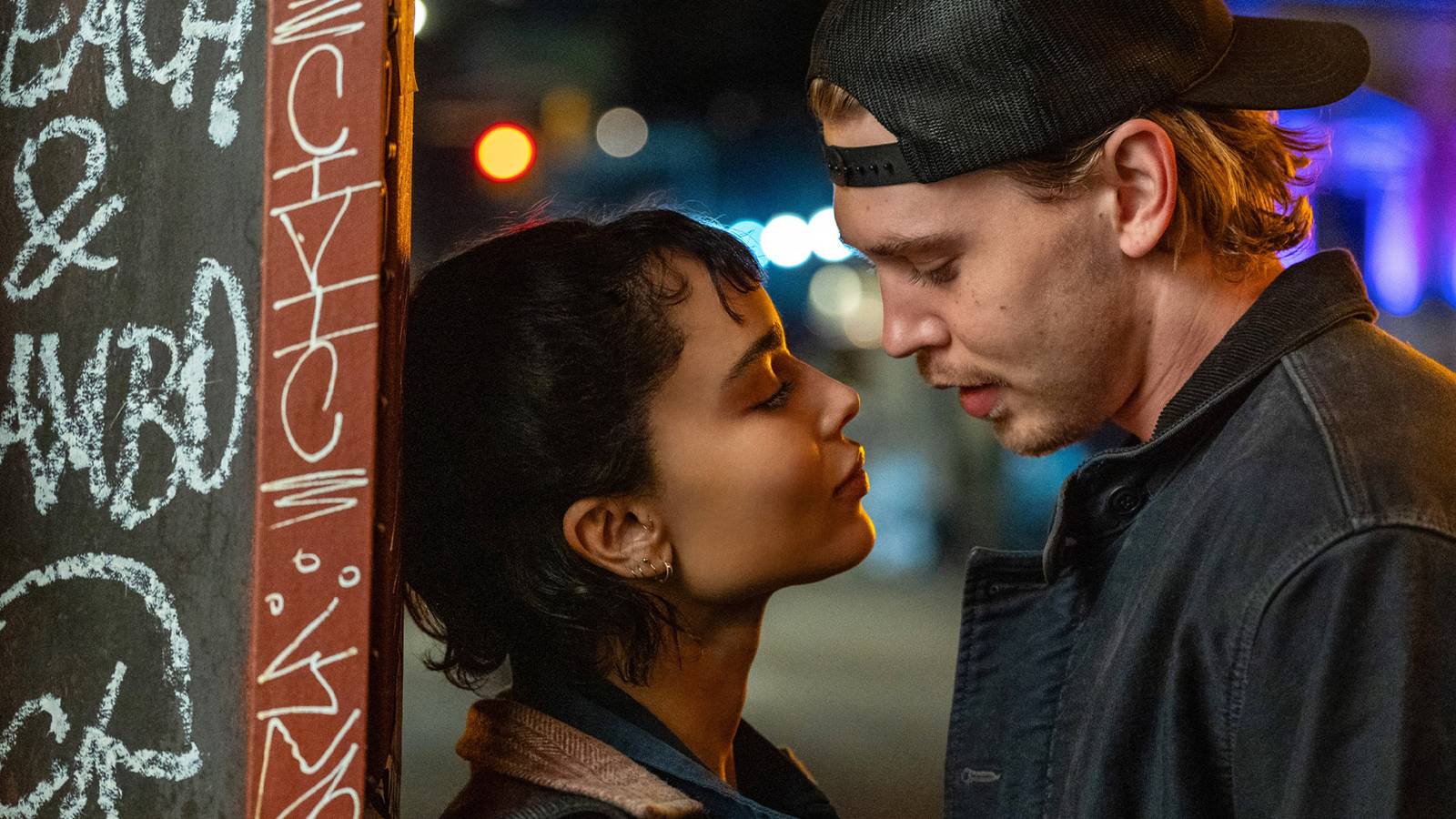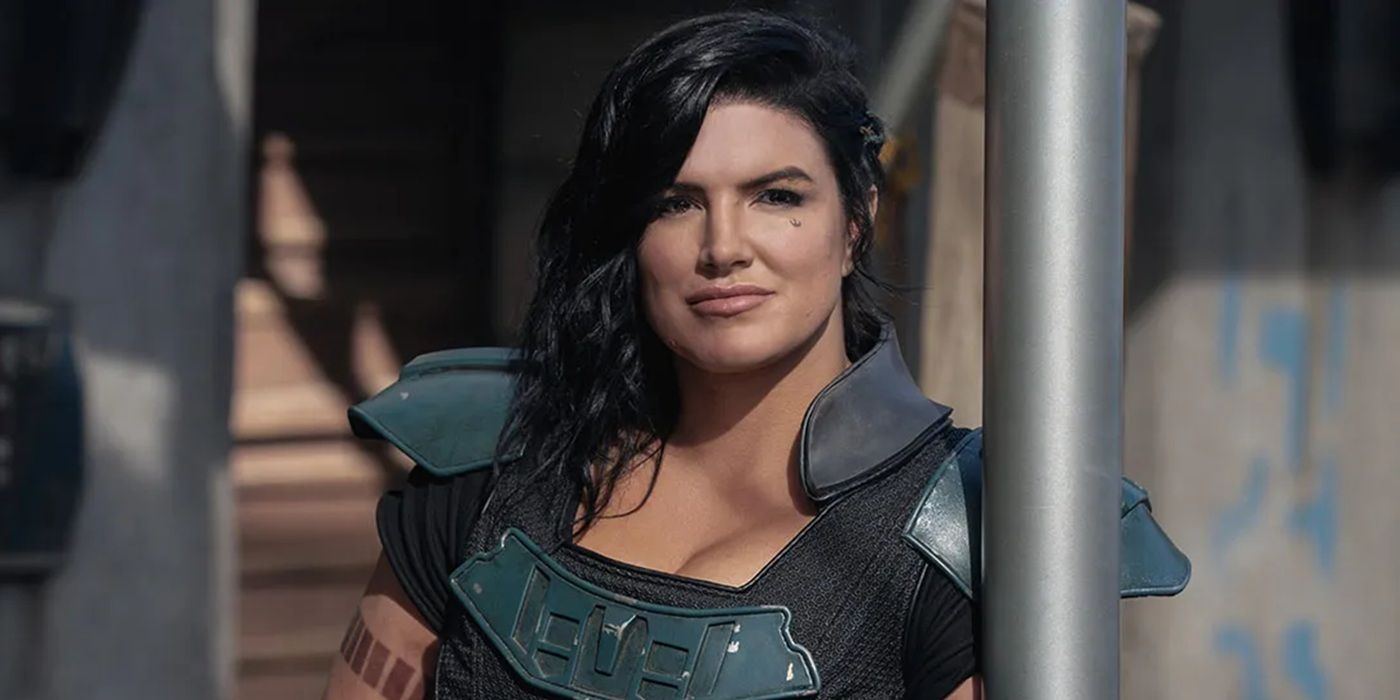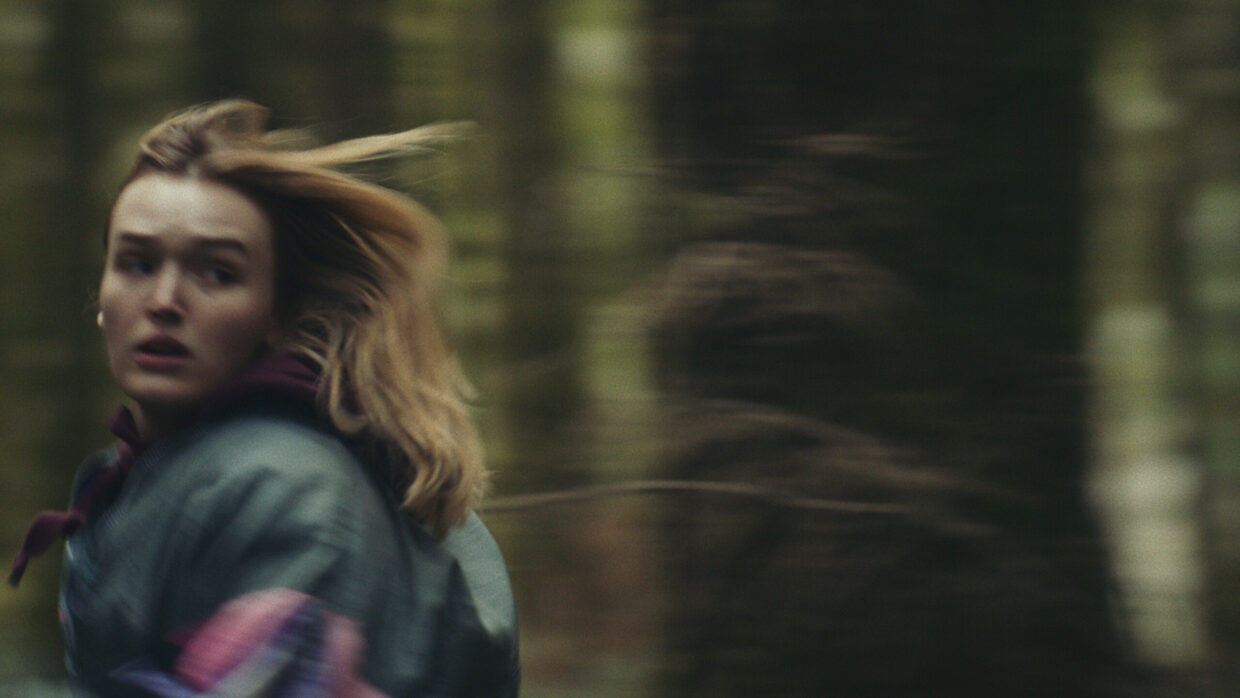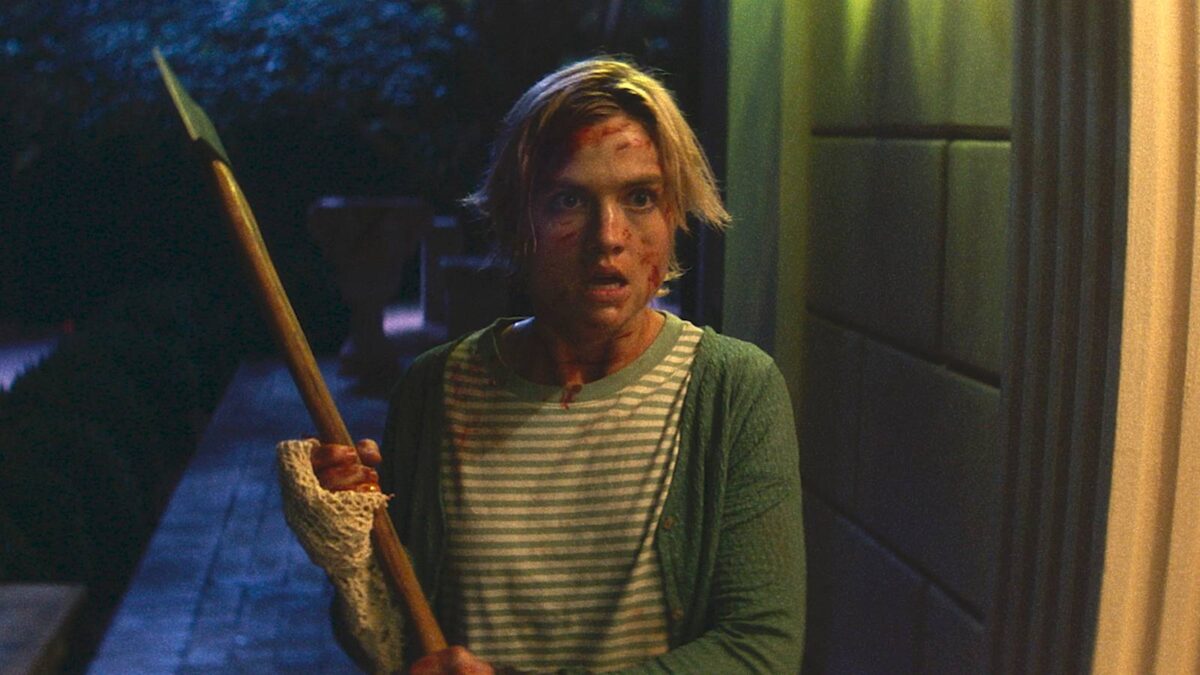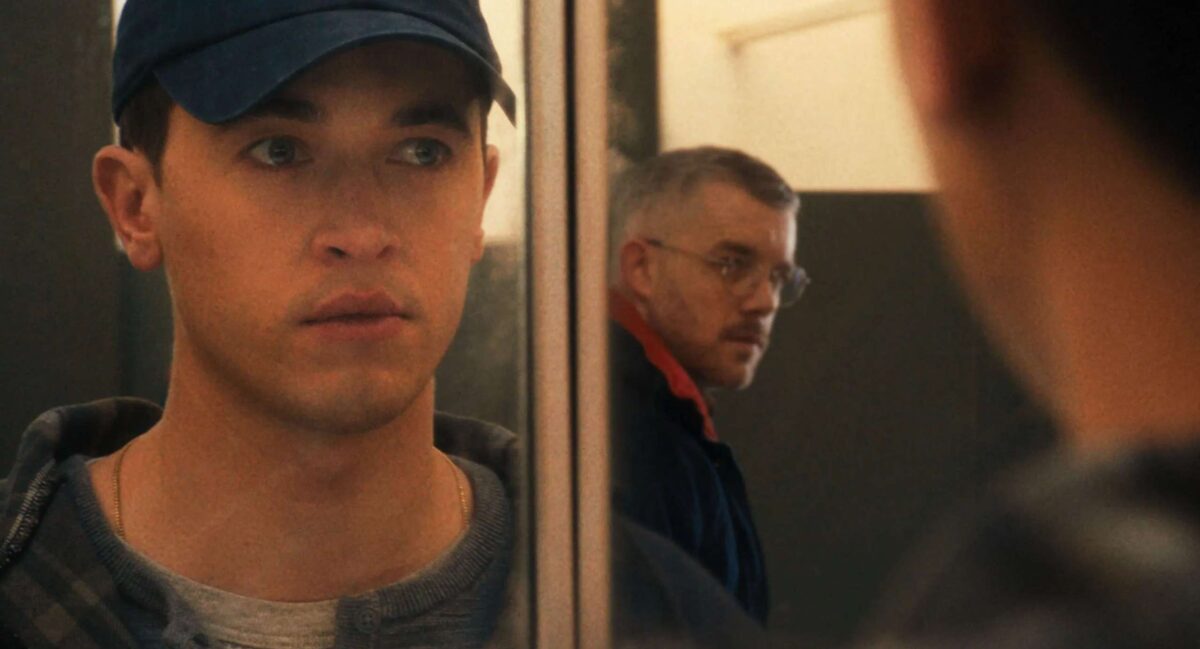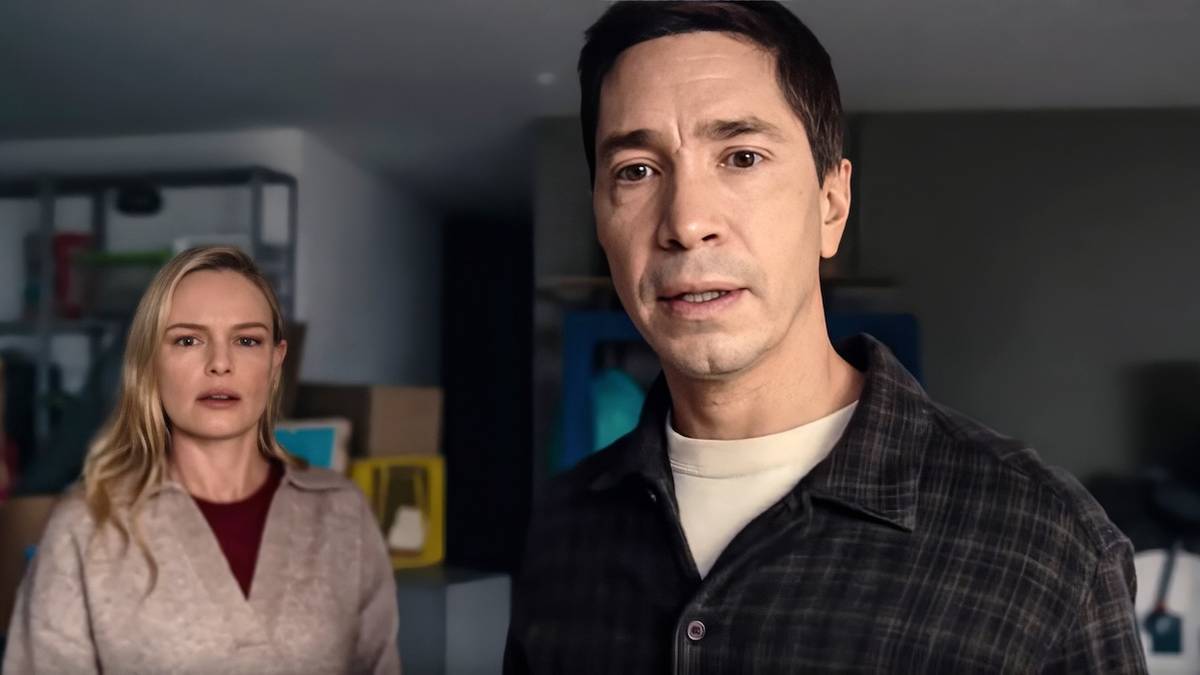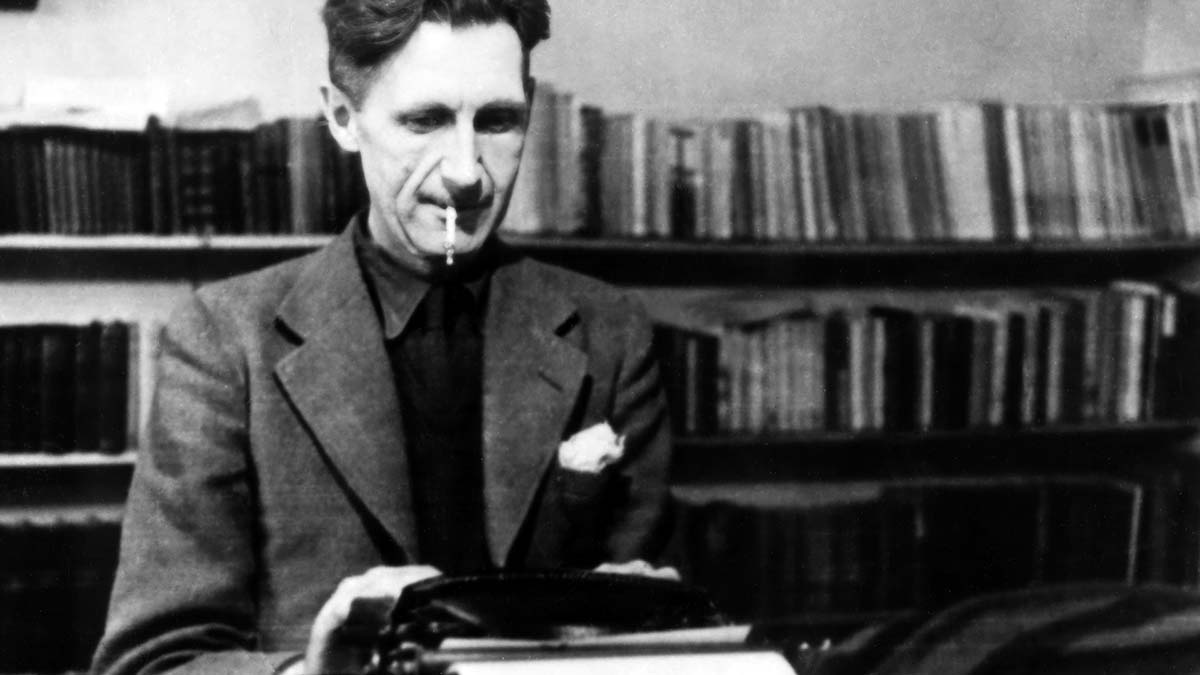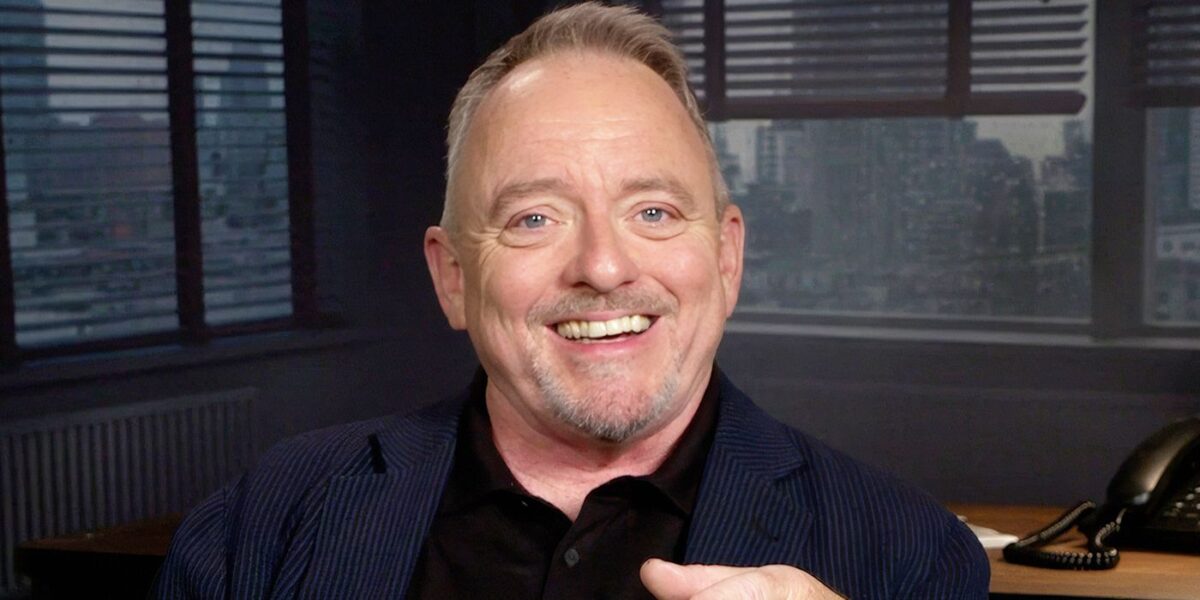
“It Was Always Meant To Be a Three-Season Show”
Aug 16, 2025
Summary
Smoke creator Dennis Lehane sits down with Collider’s Tania Hussain following a blockbuster finale.
Lehane discusses the process that went into that major final twist.
The future of Smoke is clear in Lehane’s mind, but what will the outcome from Apple TV look like?
After a roller-coaster nine-episode season, Apple TV+’s hit new crime drama Smoke has officially come to an end — and in spectacularly destructive fashion. Starring Rocketman’s Taron Egerton as the enigmatic arson investigator Dave Gudsen and Jurnee Smollett as his troubled detective partner Michelle, the series began as a tense hunt for a pair of serial arsonists. But by the finale, that chase has erupted into something far more personal: Burke is dead — killed by Michelle in a shocking turn — and Dave finds himself framed for the murder as a raging forest fire becomes the setting for their final, brutal confrontation. One of the most popular shows on the streamer, Smoke has remained a fixture in Apple TV+’s Top 10 since its late June debut, all building to the chaotic, twist-packed ending of Episode 9 (“Mirror, Mirror”). Michelle’s desperate cover-up, Dave’s unraveling split-identity reveal, and a hallucinatory visit from Burke’s ghost turn the season’s final moments into a collision of noir psychology and high-stakes spectacle. From top performances to stunning visuals, there has been plenty to praise in Smoke. However, none of it would’ve been possible without creator Dennis Lehane, who previously worked with Egerton on the Emmy-nominated Black Bird. Inspired by the Firebug’s exploration of real-life arsonist John Leonard Orr, Lehane crafts a finale that both honors the source material and ignites its inferno of betrayal, obsession, and survival. In an interview with Collider’s Tania Hussain, Lehane breaks down the challenges of adapting the podcast, the decision to give the finale its huge twist, and whether Smoke could rise again for another season.
‘Smoke’ Evolved Greatly From the Original Podcast
“The deeper we dove into it, it began to really surprise me.”
Image via Apple TV+
COLLIDER: I was really taken aback by Smoke. It is so well done, and it’s so good. I’m obsessed with the series. It is inspired by the podcast Firebug, but you molded it into a very complex fictional world. What was the first narrative hook that made you say, after listening, “I have to build a show around this?” DENNIS LEHANE: Well, it was brought to me as, “Would you build a show around this?” This being Firebug. When I listened to Firebug, I was like, “I don’t see a show here, but I’m fascinated with the pathology of John Orr.” I think we live in an age of performative masculinity. You know what I mean? Nobody knows what it is to be a man anymore, and it’s led to some really depressing results. And Orr was so performative that he was an arsonist who was also an arson investigator, so he got to be both the villain and the hero, and he thought he was the hero. Then he wrote a book. He was so convinced of his own, I don’t know what to describe this as, that he writes a book in which a character is chasing an arsonist who’s committing arsons that are direct mirrors of the actual arsons that were happening, and could make the book basically a confessional. I thought that was just so insane that I thought, “That’s a story.” I could take that, move it into now — because the real events happened 40 years ago, and I wasn’t really interested in too many of the real events — then add in a bunch of other characters who are dealing with their own issues in terms of the truth of themselves, if you will, then I bet I could have a pretty fun show. The deeper we dove into it, it began to really surprise me. It became a show about chaos, really — emotional chaos, relationship chaos, the social chaos we’re all living in right now. And then you add fire.
Lehane Discusses THAT Major Finale Twist
“I remember walking in and dropping them on the table at the writers’ room like bombs.”
In the finale, which actually hinges on the idea that everyone’s mask has burned off, we see everybody for being who they really are. Did you see the finale as a tragedy or a story more about justice, or just something more cynical? Because we lose Freddy, we see Michelle, and she is not who we thought she was in the beginning. She’s got a little bit of self-righteousness to her, and then, of course, we can talk about Dave more. But there’s a lot that happens at the finale. LEHANE: Everybody who causes all this destruction in the show is lying to themselves, and then they project those lies onto everything else. Then they start building narratives based on lies, and that just causes more and more pain and more and more death. I was interested in, in the end, who are any of these people? Hopefully, we get into Season 2 to really find out. But it was always meant to be a three-season show. We’ll see if we’re successful enough to earn a second season. But my dream was to tell a story about people who, in some ways, are just attracted to their own self-destruction. There’s this lie we all live with, which is that we want happiness. Nobody wants happiness. If people wanted happiness, they could have happiness. They don’t want it because happiness gets very boring, very fast. It’s like the Talking Heads line, “Heaven is a place where nothing ever happens.” That’s happiness. What people want is to feel alive, and they’re willing to risk a lot to feel that, including death. And so is everybody in this show. Dave’s reveal was a big twist I did not see coming. He’s an old man all along — balding, overweight. That’s just insane to me. I thought it was so well done, though. When did the element of that duality crystallize for you in the writing process? How much of the show was designed around the idea that we were always seeing him through this very skewed lens? LEHANE: I won’t lie and say I can remember exactly when it took root, but I feel like it was halfway through the planning of the show. There are moments in the show that I remember when I came up with them, and I remember walking in and dropping them on the table at the writers’ room like bombs. One was, “Michelle is going to shoot Arch Stanton.” Everybody was like, “What?!” [Laughs] And then Michelle’s going to kill who she kills. And then I remember going, “Dave’s not Dave. Dave’s not what we’re seeing. That doesn’t make sense.” What makes sense is if he’s a projection. That makes sense. That works for what I know of that type of male. It makes so much sense. When I saw that, I was like, “This is exactly the type of person that we sometimes come across.” They kind of hype themselves up. That being said, the stuff with Michelle is intense because she does kill Burke. I feel that they did love each other in their own special way. LEHANE: Yeah, they did.
What Does the Future Look Like for ‘Smoke’?
“We know where it’s going, for sure.”
Image via Apple TV+
But the camera twist sets up future fallout, especially as we see her now imagining Burke talking to her. There’s still a lot of story to tell. If there’s a Season 2, are you interested in exploring more about how Michelle justifies what she’s done, or is she going to spiral? How do you see that really playing out from the end of the finale? LEHANE: Oh, you’ve got to wait to find out. We have it. We know. We know where it’s going, for sure. But, no, that’ll be the interest. If I just tell you, why watch Season 2? Michelle is, I mean, talk about somebody who’s running to stand still. She’s all about running, running, running, running, running, running, running. Never slow down. Never look at yourself. Never deal. That’s going to catch up. Did you always see her crossing that line, or did that arc evolve toward something else in the writing process? LEHANE: I knew Michelle was really messed up very early. She just was so intriguing that way. I was like, “What kind of woman goes and fights in the Marines? What kind of woman comes back and becomes a cop?” I always knew about her mother. I always knew the story of her mother. So I was like, “What kind of woman comes from that mother?” That’s a dangerous individual, and I wanted her to be that right from the get-go. I mean, she looks at her lover lighting a cigarette, stares right at the flame, and makes the dumbest decision of her life. And she continually does repeats of that throughout the show. Smoke is available to watch in full on Apple TV+.
Smoke
Release Date
June 26, 2025
Network
Apple TV+
Directors
Kari Skogland
Publisher: Source link
Erotic Horror Is Long On Innuendo, Short On Climax As It Fails To Deliver On A Promising Premise
Picture this: you splurge on a stunning estate on AirBnB for a romantic weekend with your long-time partner, only for another couple to show up having done the same, on a different app. With the hosts not responding to messages…
Oct 8, 2025
Desire, Duty, and Deception Collide
Carmen Emmi’s Plainclothes is an evocative, bruising romantic thriller that takes place in the shadowy underbelly of 1990s New York, where personal identity collides with institutional control. More than just a story about police work, the film is a taut…
Oct 8, 2025
Real-Life Couple Justin Long and Kate Bosworth Have Tons of Fun in a Creature Feature That Plays It Too Safe
In 2022, Justin Long and Kate Bosworth teamed up for the horror comedy House of Darkness. A year later, the actors got married and are now parents, so it's fun to see them working together again for another outing in…
Oct 6, 2025
Raoul Peck’s Everything Bagel Documentary Puts Too Much In the Author’s Mouth [TIFF]
Everyone has their own George Orwell and tends to think everyone else gets him wrong. As such, making a sprawling quasi-biographical documentary like “Orwell: 2+2=5” is a brave effort bound to exasperate people across the political spectrum. Even so, Raoul…
Oct 6, 2025
